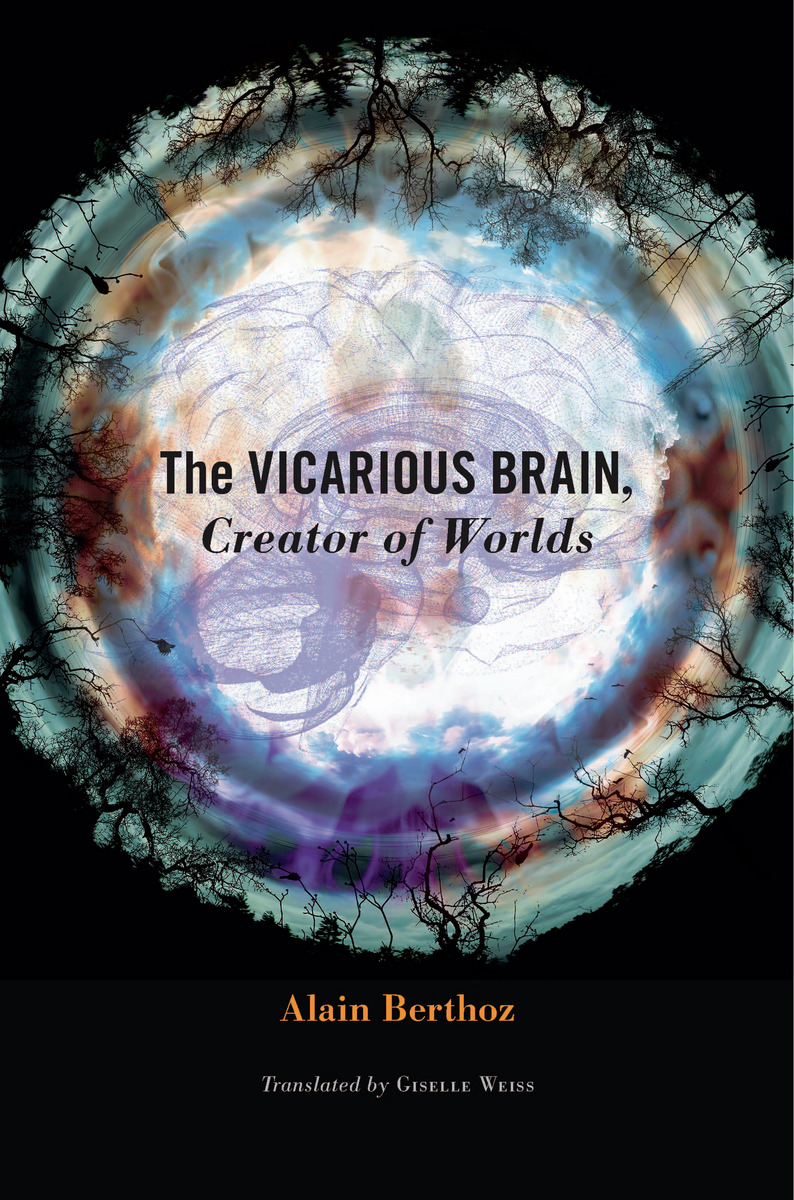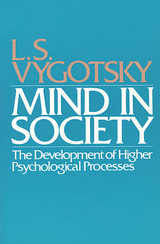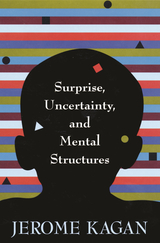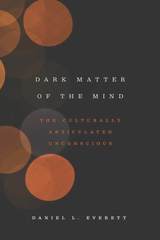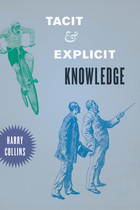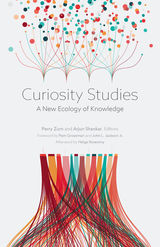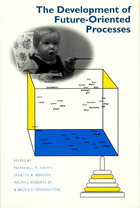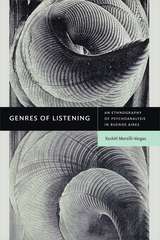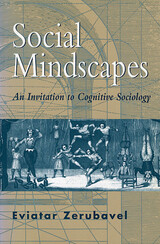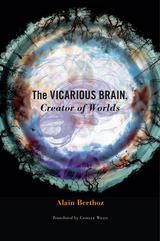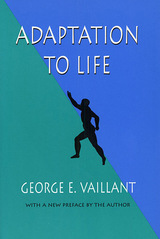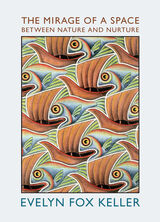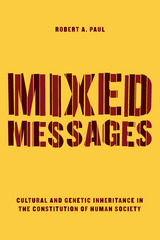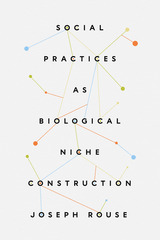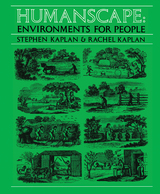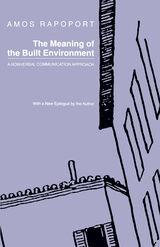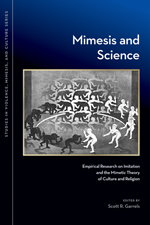Cloth: 978-0-674-08895-5 | eISBN: 978-0-674-97283-4
Library of Congress Classification BF335.B4713 2017
Dewey Decimal Classification 153
Groping around a familiar room in the dark, or learning to read again after a traumatic brain injury; navigating a virtual landscape through an avatar, or envisioning a scene through the eyes of a character—all of these are expressions of one fundamental property of life, Alain Berthoz argues. They are instances of vicariance, when the brain sidesteps an impasse by substituting one process or function for another. In The Vicarious Brain, Creator of Worlds, Berthoz shows that this capacity is the foundation of the human ability to think creatively and function in a complex world.
Vicariance is often associated with proxies and delegates, but it also refers to a biological process in which a healthy organ takes over for a defective counterpart. Berthoz, a neuroscientist, approaches vicariance through neuronal networks, asking how, for example, a blind person can develop a heightened sense of touch. He also describes how our brains model physical reality and how we use these models to understand things that are foreign to us. Forging across disciplinary boundaries, he explores notions of the vicarious in paleontology, ethology, art, literature, and psychology.
Through an absorbing examination of numerous facets of vicariance, Berthoz reveals its impact on an individual’s daily decision making and, more broadly, on the brain’s creation of worlds. As our personal and social lives are transformed by virtual realities, it is more crucial than ever before that we understand vicariance within our increasingly complex environment, and as an aspect of our own multiplying identities.
See other books on: Adjustment (Psychology) | Brain | Identity (Psychology) | Neuroscience | Worlds
See other titles from Harvard University Press
